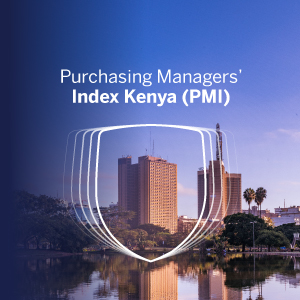Our News, Events and Articles
Get to know us a lot better by reading about what we're doing as Stanbic Bank.
Our personal unsecured loans allow you to choose the product that suits your needs.
Learn MoreA life assurance product specifically designed as a savings tool to provide funds for parents and guardians to support their children's education, pension, savings, and more.
Learn MoreProtect your home, from the gate to the perimeter fence, house, and all property within it, against loss and damage.
Learn MoreThis insurance policy is designed to protect you from a wide range of unexpected and unforeseen events while traveling, which could affect your health or incur costs.
Learn MoreDrive your vehicles with ease with premium insurance that covers third-party liability, accidental damage, and much more.
Learn MoreStansure, a digital motor insurance solution that allows you the flexibility to buy affordable comprehensive motor insurance in less than 10 minutes, build your own cover and access round-the clock road rescue services
Learn MoreStansure, a digital insurance solution allows you to choose from four great package options that cover: Life, Personal Accident, Household and Last Respects all under one premium
Learn MoreFlexi Protect is a last expense cover which offers you flexibility to customize your cover based on affordability and your unique circumstances
Learn MoreThe Hekima Plan offers life cover and wealth-building benefits, ensuring your loved ones are cared for no matter what. Enjoy peace of mind for the future.
Learn MoreLifevest is more than insurance—it’s a smart way to grow your wealth while protecting what matters. Enjoy guaranteed cover and flexible investment options.
Learn MoreHeriAfya is affordable healthcare tailored to you—offering flexible coverage, convenience, and peace of mind, backed by Stanbic’s trusted support.
Learn MoreThis is a group-based solution by Stanbic Bancassurance, underwritten by Liberty Life, designed to help organizations secure their employees’ financial future through stable, guaranteed investments.
Learn MoreStanbic Expresspay allows everyone to pay for Manual Toll Collection (MTC) or Electronic Toll Collection (ETC) for Moja Expressway services via MPESA using our USSD Code *208#
Learn MoreGet to know us a lot better by reading about what we're doing as Stanbic Bank.



